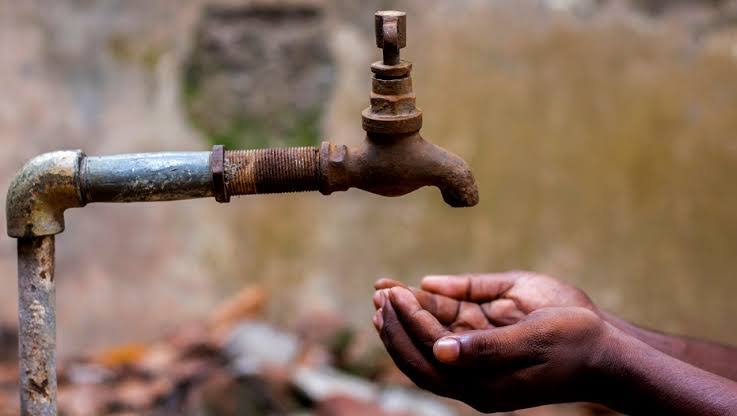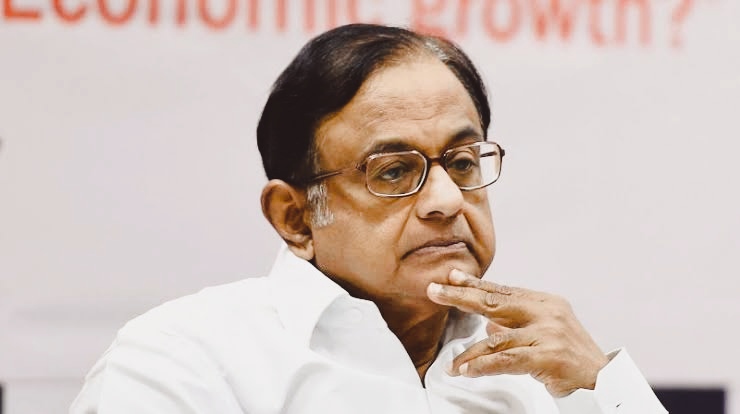In the grand tapestry of India’s challenges, few issues are as pressing and as omnipresent as the water crisis. As we sit in our comfortable homes, enjoying a seemingly endless supply of water, it’s easy to overlook the stark reality that millions of our fellow citizens face every day: a desperate scarcity of this most vital resource.
The Water Paradox
India is a land of contrasts, where the monsoons bring both abundance and destruction. Every year, we witness the devastating floods that leave a trail of destruction, displacing thousands and causing immeasurable damage. Yet, paradoxically, the same country faces severe droughts that leave entire regions parched and desperate for water. This paradox is not a quirk of nature; it’s a symptom of a system that has long neglected the need for sustainable water management.
Urbanization and Industrialization
One of the chief culprits behind India’s water crisis is rapid urbanization and industrialization. As cities expand and industries grow, the demand for water surges. This often leads to the overexploitation of water resources, depleting groundwater and rivers. The unchecked growth of urban areas has resulted in haphazard construction and encroachments on water bodies, further exacerbating the problem.
Agriculture’s Heavy Toll
Agriculture, the backbone of India’s economy, also contributes significantly to the water crisis. Outdated and inefficient irrigation practices, combined with excessive use of water-intensive crops, strain our water resources. Farmers, facing unpredictable rainfall patterns, often resort to pumping groundwater at an unsustainable rate, depleting aquifers that have taken centuries to form.
The Role of Government
While the water crisis is a multifaceted issue, it’s crucial to recognize the role of governance in mitigating this crisis. Government policies, water management strategies, and investments in infrastructure play a pivotal role in addressing the issue at its core.
Firstly, we need comprehensive water management policies that prioritize conservation, recharging aquifers, and sustainable agricultural practices. Rainwater harvesting, watershed management, and efficient irrigation techniques must be promoted vigorously.
Secondly, urban planning and industrial regulations must be reevaluated to prevent further encroachments on water bodies and promote efficient use of water resources.
Lastly, awareness campaigns and community engagement should be central to any strategy to address the water crisis. Each citizen must understand the importance of responsible water usage and conservation.
A Collective Responsibility
The water crisis is not a problem that can be solved by government actions alone. It is a collective responsibility, and every citizen must contribute to the solution. Simple acts, such as fixing leaky faucets, reducing water wastage, and using water-saving appliances, can make a significant difference.
In conclusion, the water crisis in India is not a distant threat; it is an immediate and pressing challenge that demands our attention and action. We must break free from the paradox of flood and drought, and instead strive for a future where every Indian has access to clean and sustainable water. This requires a united effort from government, industry, agriculture, and every citizen. It’s time to wake up to the reality of the water crisis and take meaningful steps toward a water-secure future for India.





